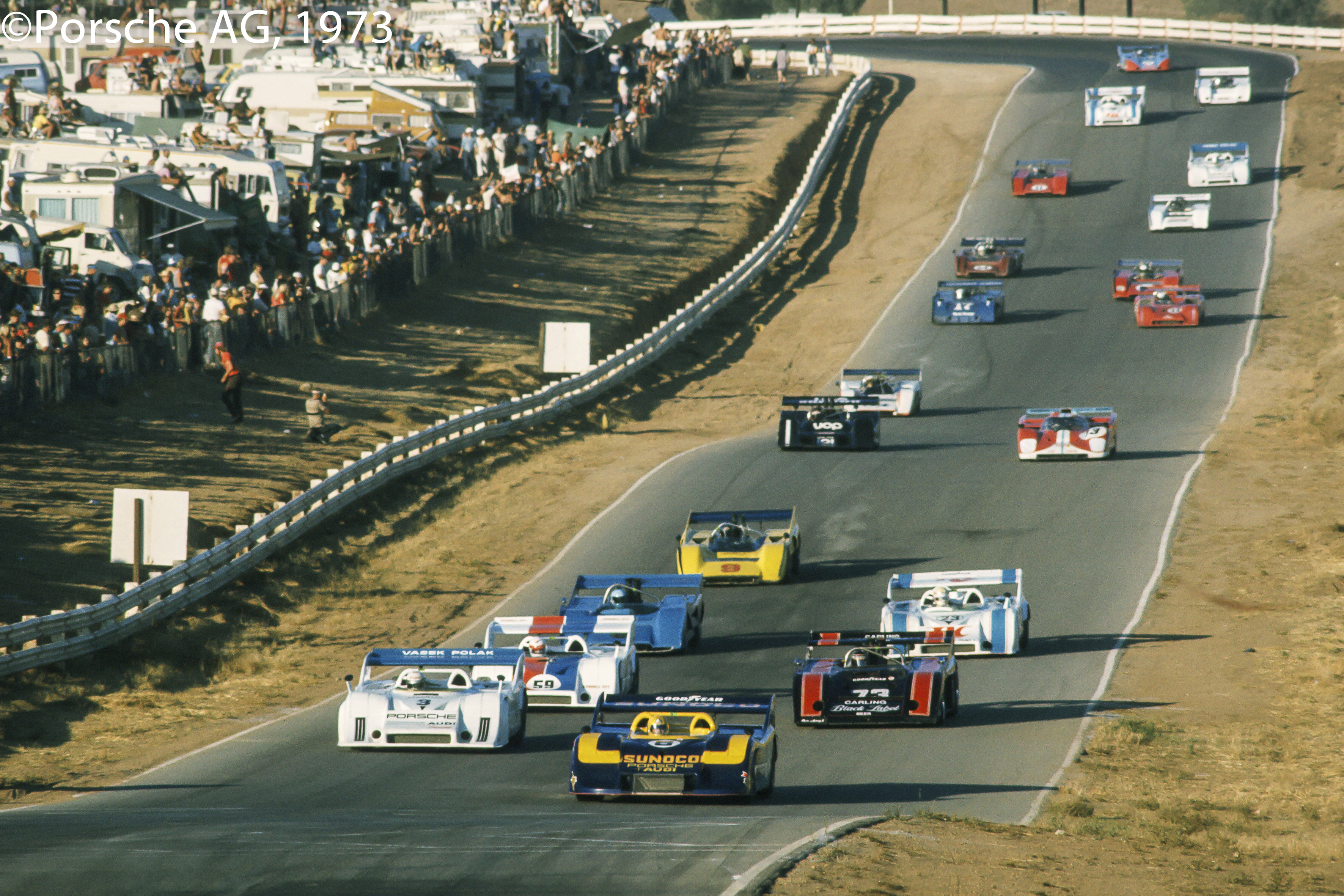At the age of seventy I find myself thinking and talking like my parents before me, which something I swore I would never do, but have done nevertheless. In short I find I’ve become an “old fart” who is not necessarily willing to accept the world as it is today. Clearly then I need to get out of the rut I find myself in, for the world has changed and I need to deal with it as it is, not as it was.
So what has any of this to do with sports car racing?
Just like the genetically engineered foods we now eat, my sport – pardon me, our sport – has been engineered to produce the results its organizers want to see rather than letting chance and nature dictate the final random outcomes of the past. Yes, there remains the element of chance, but it has been reduced substantially by maneuvering the regulations so that there will be no boring finishes.
For those of you who are non believers I would suggest you examine the NASCAR’s Grand American Rolex championship whose scriptures seem etched in sand because they appear to change on a moment’s notice, as was the case in last month’s season opening Rolex 24. There, in the name of equalizing performance, the officials decided to reduce what they saw as a perceived advantage the Corvette Daytona Prototypes enjoyed over their rivals, only to give the Chevrolet sports racers some of it back when it became obvious they –the officials – had been a bit over zealous in their approach.
I’m not for such actions, but I recognize why they are taken. After all, racing – at least here in the United States – is more entertainment than it is sport. Yet, in this case the changes were made in a matter of days, not years or months, but in days. Moreover, there will be further performance balancing changes for the next two Rolex rounds, after which the Grand-Am will review things again.
Even in the relatively low tech Grand-Am universe, this imposes unnecessary costs on the participants, just as it does when Formula One and others make regulatory revisions throughout the season in an effort to enliven the show. It is as if the rules makers want to wipe out their mistakes on an ongoing basis rather than trying to get things right in the first place. Indeed, about the only other comparable such situation is in the mortgage industry with its variable rate loans, and we all know what they’ve led to.
But, those in charge of the Grand-Am haven’t stopped at performance balancing. At Daytona, they instituted new full course yellow flag regulations that made it easy for those who had lost laps to make them up. In fact the loosening of the scriptures was such that one of those prototypes that was in a position to win in the final stages had been as far as seven laps in arrears – not once, but twice.
No one can argue that the Grand-Am’s actions made the Rolex 24 far more exciting than it otherwise might have been. But, is that what the sports car fan wants? Certainly the NASCAR spectator does. However, I’m not sure that certainty applies equally to the world of road racing.
In my day, what sports car spectators seemed to desire the most was to watch excellence and to dream about that excellence. Consider the 1973 Can-Am where Mark Donohue and his 240 mile-an-hour turbocharged Porsche 917/30 dominated the proceedings. Despite the lack of close competition, the 1973 Can-Am was the most successful season at the gate in the history of the series; something that can not be said about its subsequent years when the turbo Porsches were not present, leaving in their place equally matched, but largely uninspiring lower performing substitutes in their place.
With Grand-Am and its NASCAR approach to the sport about to take over the North American sports car scene in 2014, there are many worried about the future. And, in my mind, they have more than a little justification for having those concerns. Not only did the Can-Am fade away into history after its competitive playing field was leveled, but in the decade since the Grand-Am debuted its techno restricted Daytona Prototypes, it has not been particularly popular with its intended audience.
It appears that even now there is a desire for excellence rather than engineered mediocrity. And that gives this “old fart” hope for the future.
Bill Oursler, February 2013


Bill,
Do you have a spy in my heart, in my mind? These have been my exact thoughts for the past 5 years. Like many of those that have read this finely written article, I too have concerns about The Future. We know who is controlling The Future and their lack of being open minded. How long to finally grasp this ‘new technology’ of fuel injection in their main series tells you how they really feel about what matters to us sports car racing fans- exciting technology, exciting cars. It’s not about who’s behind the wheel, but what’s under the hood.